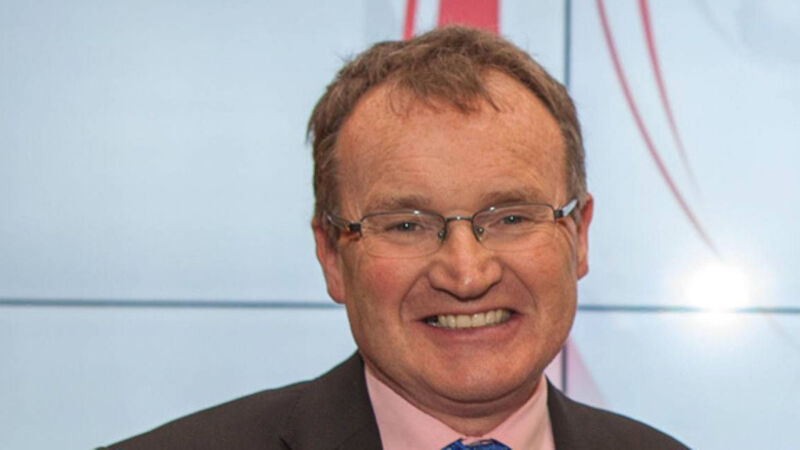Greece, two Spanish elections, Brexit, now President Donald Trump ... what next?

Donald Trump’s election, this week, brought that rejection to a whole new level.
In many ways, what we are living through is the ongoing legacy of the global crisis that commenced in 2007 and which has exerted so much pain on so many people all over the world.
The fact that the American voters would give a mandate to a hotelier with zero political experience says it all.
Mr Trump ran a very effective campaign that had little internal consistency or coherence but which resonated with large swathes of the disillusioned electorate. Economic nationalism was his key policy strategy.
He honed in on that segment of US society that sees itself as the victim of the free trade deals that the US has signed up to in recent decades.
Many poorly-educated Americans have become the victims of globalisation and the migration of jobs to cheaper countries.
Less recognised is the impact that technology has had on their jobs.
The reality is that Americans with low levels of educational attainment are struggling, and the social supports and safety nets to deal with them are inadequate or non-existent in many cases.
This is giving rise to a massive gulf between the haves and the have-nots in society and this presented Mr Trump with a massive opportunity that he grasped with great gusto.
The big question is if he will actually follow through on his policy pledges or if they were just empty promises made in the heat of intense political battle.
His key campaign pledges included building a wall along the Mexican border and deporting illegal immigrants from the US.
A renegotiation of the North America Free Trade Agreement (NAFTA), and a promise to kill off the Trans-Pacific Partnership (TPP) and the Transatlantic Trade and Investment Partnership (TTIP).
TPP is a free trade agreement among 12 of the Pacific Rim countries, including the US.
It was signed in February 2016, but still has to be ratified before it comes into force. Both of these deals are now under serious threat.
There is a distinct risk based on his campaign rhetoric that Mr Trump will adopt a very protectionist stance, particularly in relation to China, whom he believes has engaged in competitive currency manipulation over recent years.
The suggestion is that he might impose heavy trade barriers/tariffs on Chinese exports to the US.
A global trade war or the growth in protectionist policy would damage global trade and, hence, global growth in the near term at least.
This would not be good news for an economy such as Ireland which is a leveraged on global trade growth.
He has pledged lower income taxes and a cut in the US corporation tax rate from 35% to 15%.
The objective is to remove the incentive for US companies to invest overseas.
Given how dominant US multinationals are in Ireland’s FDI model and how strongly it is based on the 12.5% tax rate, this could pose some threat.
However, the reality is that US companies do seek to invest in the markets that they serve, so Ireland will not suddenly see a mass exodus of US companies.
Having said that, the Apple State Aid ruling and moves at both an OECD and EU level for greater transparency on the corporation tax front will pressurise Ireland’s model in any event.
Mr Trump’s presidency will inevitably support this agenda.
Ireland needs to ensure its FDI model is based on more than just a dubious corporate tax structure.
He has also pledged to invest heavily in infrastructure and increase defence spending. In summary, his campaign rhetoric was driven by a desire to bring jobs back to America and strengthen the US economy.
This appealed to many.
At one level, with the Republicans now controlling the White House, the Senate, and the House of Representatives, he could, in theory, be in a strong position to push his agenda through Congress.
It promises to be a very unusual presidency, with the possibility of some very strange political alliances.
The US is an extremely divided society and Mr Trump will not heal those divisions.
The focus will now switch to upcoming elections in France and Germany.










